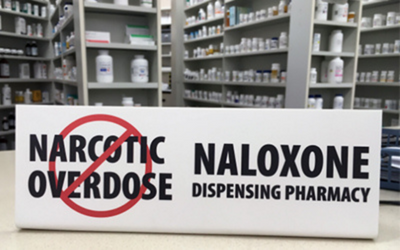
An Introduction to Harm Reduction
Year: 2019 | Competency/Strategic Skill: Problem Solving | Priority Topic: Opioid Abuse | Setting: Online | Format: On-Demand | Sponsor: Emory University/Central Office
Overview:
This is a 90-minute recording of a live webinar held on November 18, 2019.
What is harm reduction? How does it improve public health? By focusing on positive change, harm reduction encompasses a range of evidence-based and cost-effective services to reduce negative consequences for people who use drugs. During this webinar you will learn about specific harm reduction interventions including Syringe Service Programs (SSP) and Naloxone distribution. Also there will be insight into a few of the barriers to successfully implement harm reductions programs as well as how these programs can make the community stronger and more capable of reducing overdose, disease burden and community isolation.
